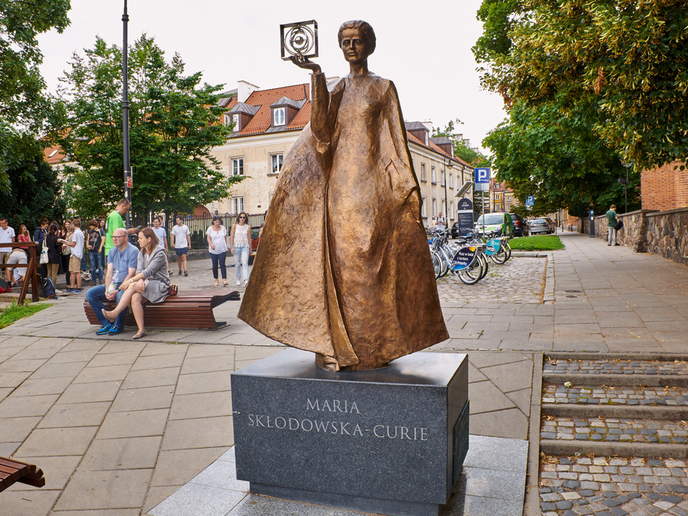Examining EU leadership in science and cultural diplomacy
Over recent years, the EU’s external relations have increasingly taken account of the fact that cultural exchanges and scientific collaborations can foster relations between states. A good example being SESAME, the international nuclear research facility in Jordan (co-funded by the EU), where scientists from the Arab world and Israel work together. Despite this, there is still no overall strategy or comprehensive understanding of the longer-term implications of these efforts in today’s fast-changing, multipolar world. The EU-supported EL-CSID (European Leadership in Cultural, Science and Innovation Diplomacy) project set out to codify and articulate the assumptions underpinning much of this work, teasing out the prevailing direction of travel, to strengthen EU policy with a series of recommendations. How does the EU want to project itself to the world? EL-CSID started by mapping science and cultural diplomacy activities in Europe and beyond to understand why, where and when, concepts and policies were adopted. The project analysed relevant policy documents and conducted interviews with key practitioners and stakeholders, including 16 in-depth interviews with scientific coordinators of H2020 projects, as well as with science and culture foreign correspondents. The findings suggest that for the EU to be an effective, trusted global actor, it cannot rely solely on ‘hard power’. Rather, it must tap its ‘soft power assets’ such as its values and traditions (including the rule of law, democracy, free speech and social welfare), as well as its vast historical and contemporary cultural portfolio, alongside its contribution to science and innovation. “When dealing with neighbouring countries in the Middle East and North African region, science and culture could play an important role in strengthening relations,” says Dr Van Langenhove. Following this, EL-CSID proposes that all relevant European Commission departments step up interaction with the European External Action Service (EEAS). The project also recommended that the EU develops a clear science and cultural diplomacy strategy in support of Member State activities, building its own capacity in those areas, as part of the EU’s overall security strategy. “The EU could frame its narratives and actions in support of cultural diversity, as it embodies a success story here. This would then give it more credibility as a less controversial interlocutor for state and non-state actors during multilateral initiatives,” says Dr Van Langenhove. For this to flourish, despite rightly being led by the EU, EL-CSID concludes that greater leadership roles should be afforded to the scientific and cultural communities that the EU represents. Ensuring a legacy To ensure the continuation of its research, EL-CSID set up a joint science diplomacy website, together with two other Horizon 2020 projects InsSciDe and S4D4C. “Our biggest hope is that the EU supports science and cultural diplomacy by setting up a European observatory as a monitoring, capacity building and awareness raising platform,” says Prof Van Langenhove. “We are also exploring the possibility of a COST action to develop a sustainable network of Science and Cultural Diplomacy scholars and practitioners.” Towards this, Prof Van Langenhove published ‘Tools for an EU Science Diplomacy’, an assessment of current national capacity across the EU and beyond, with a set of six recommendations for the development of an EU science diplomacy strategy.
Keywords
EL-CSID, cultural diplomacy, science diplomacy, innovation, policy, diversity, multicultural, external relations, international relations, security, peace



